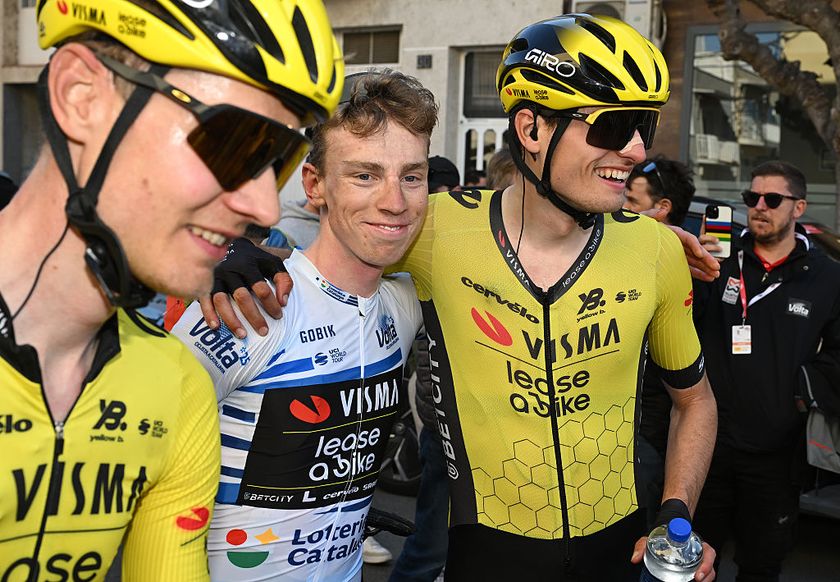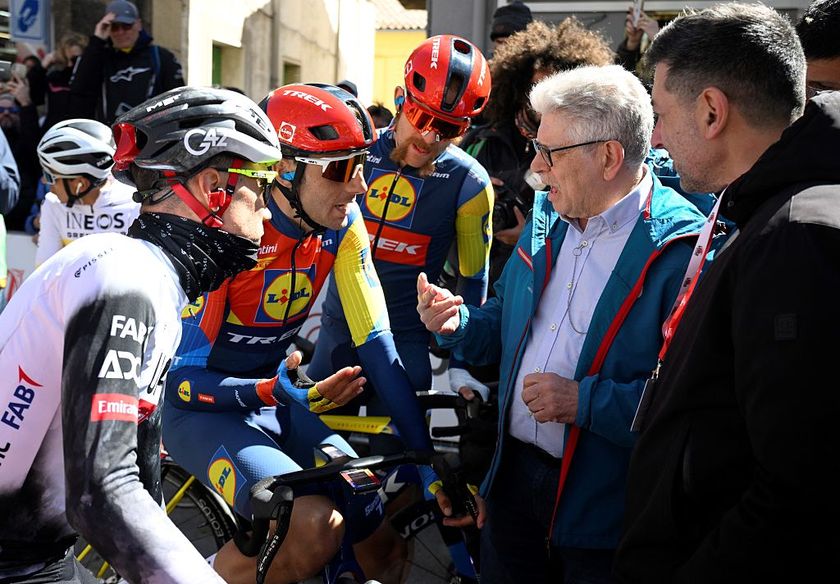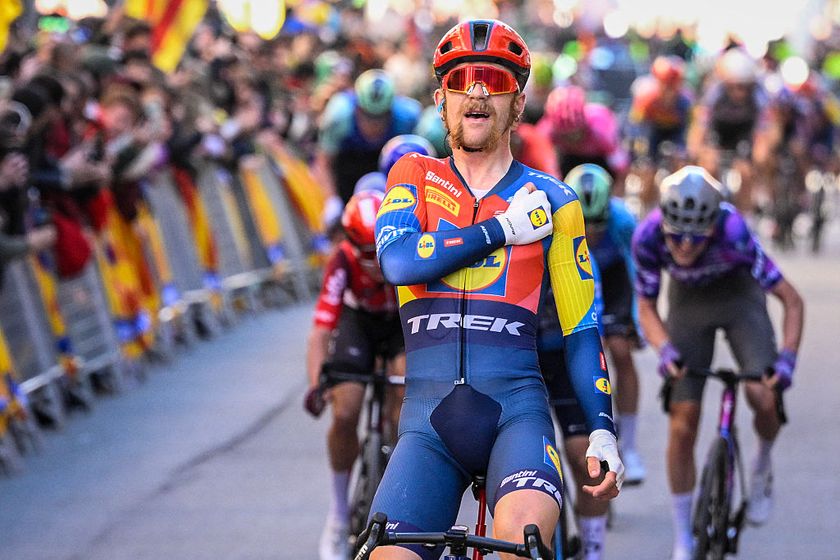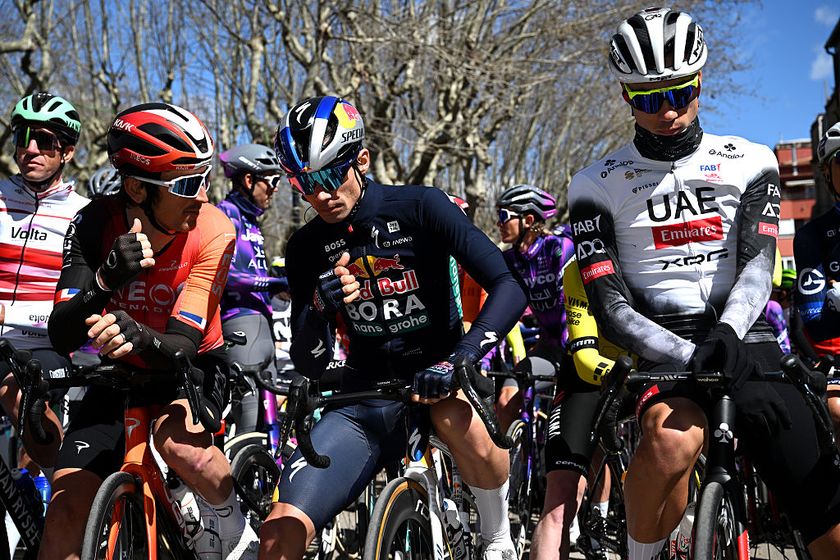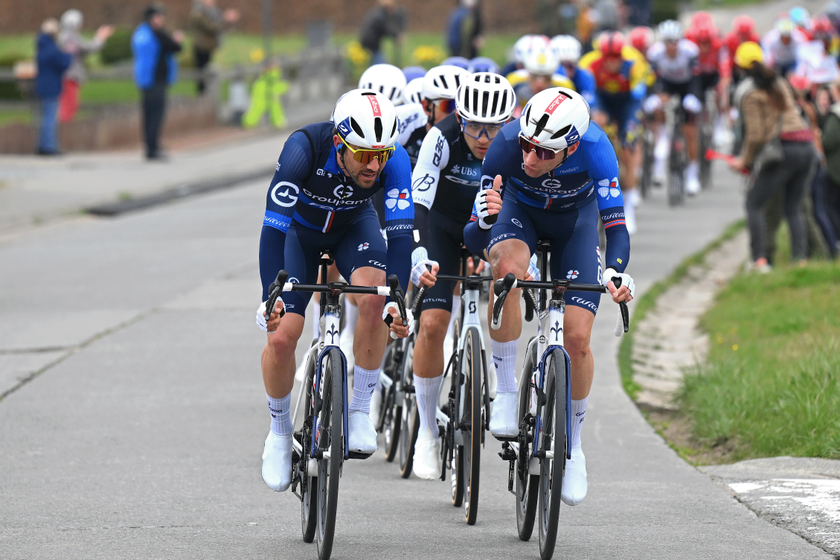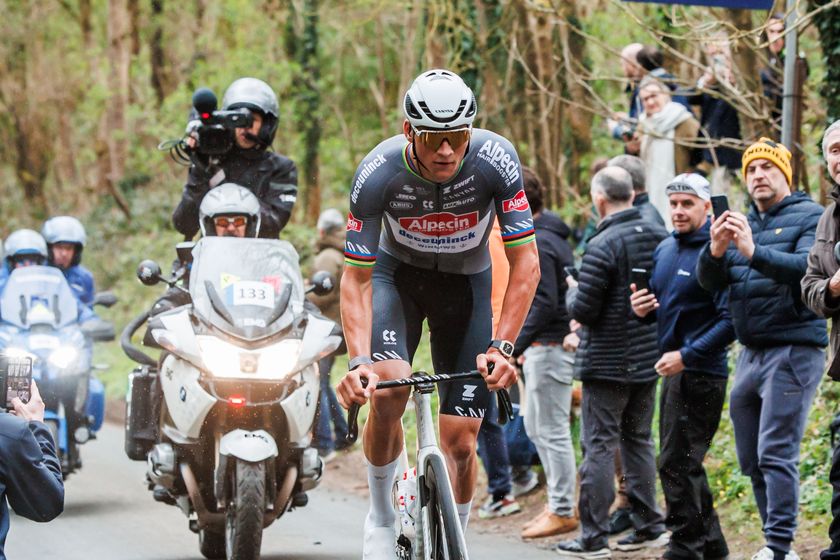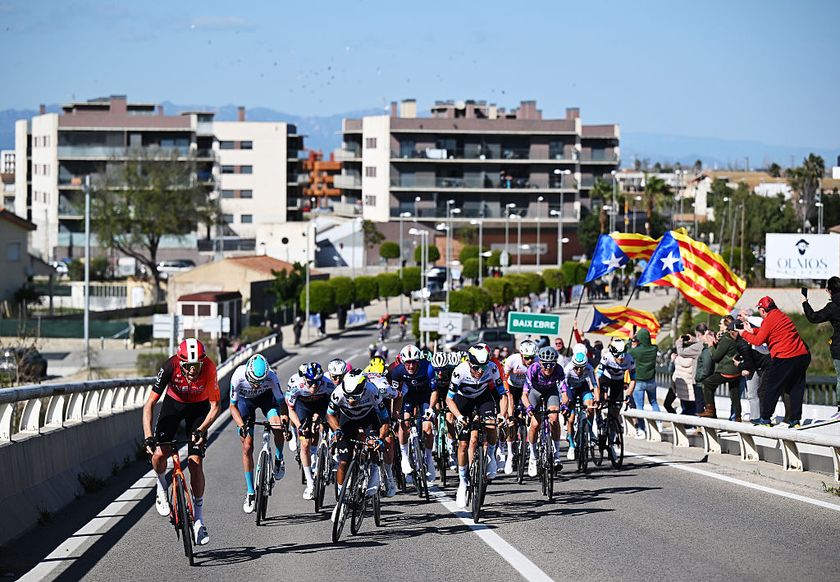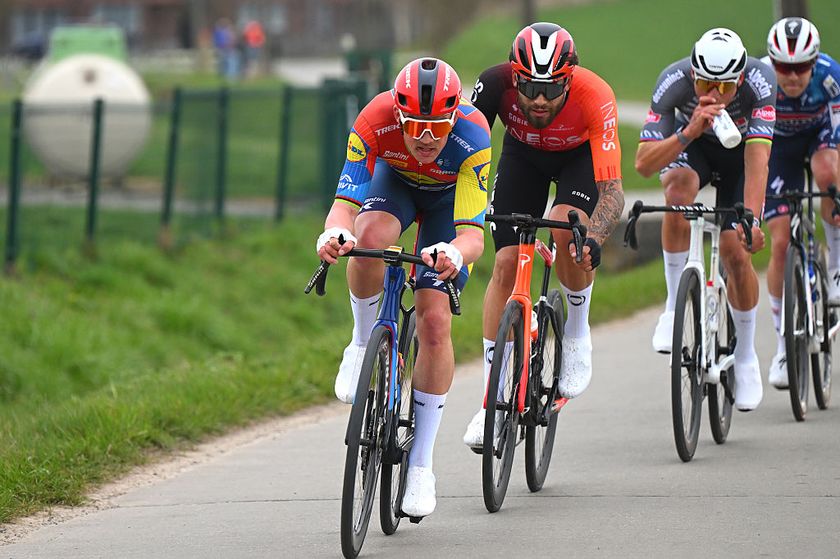Tending to cycling's emergencies
By Laura Weislo Prentice Steffen, MD is back in the business of being team doctor after a...
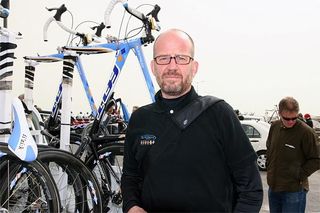
By Laura Weislo
Prentice Steffen, MD is back in the business of being team doctor after a controversial comment in 2005 led to his resignation from that role. His anti-doping ethos once earned him plenty of scorn, but now that the rest of the cycling world has caught up, he can get back to ensuring that riders stay healthy and compete clean for Team Slipstream.
Slipstream's team doctor Prentice Steffen received his first race emergency call of the season early this year while at the Tour of Qatar. In the fifth stage, the team's lead-out train went down when Swede Magnus Backstedt clipped a wheel in the final kilometre and fell, taking down his team-mates Chris Sutton and Julian Dean. Steffen, who was in the second caravan car, was on the scene quickly, and was able to make sure the riders received the proper care. With his riders on the tarmac in agony, Steffen swiftly put the skills he's honed during his years of emergency medicine practice.
"In part, it proved why it's good to have a team doctor at the race. If I hadn't been there, he'd have been hauled off to some local hospital and who knows how long it would have been before he was treated," Steffen said. "I checked him over and made sure he didn't have any serious injuries. It was clear he had a clavicle fracture, so we got him on pain medication, put him in the car and took him to the hotel."
However, the size of Backstedt, who is one of the largest riders in the peloton, posed a bit of a problem. "In my medical kit I have a shoulder immobilizer, but it's for a normal sized bike racer. If you've ever seen Magnus, he's certainly not your average sized bike racer! So I fashioned one out of a pillowcase from the hotel in Doha."
Backstedt was in surgery in London within 24 hours of crashing in Qatar, which was probably a record according to Steffen. "We got him on a 2:00 am flight from Doha to London, and then he had his appointment at the orthopaedist at 1:00 pm. I'm pleased it went so well. If Johnny Weltz and I hadn't been there, it could have dragged on for days. At this point in the season, it's important for him to get healed as quickly as possible."
For their efforts, the team received a public thank-you from Backstedt. For Steffen, it was further confirmation that all the hard work they'd put into building a professional organization had paid off - not only in the medical care, but in the riders' performances - including the team's second place in the opening team time trial. "I was pleased to see all the work people in Slipstream had done came through with real on the road results and not just a lot of talk."
Get The Leadout Newsletter
The latest race content, interviews, features, reviews and expert buying guides, direct to your inbox!
The Slipstream team has made a name for itself with a vocal anti-doping stance, and in the past few years, speaking out against doping has become downright fashionable. But not more than three years ago, Steffen earned himself a place on Lance Armstrong's black list when he named the American in statements made to L'Equipe, saying that he felt many of the riders in the peloton were doping, possibly even the American heroes Armstrong and Tyler Hamilton. He later was forced to retract those statements, but they revealed a strong sense of pessimism about the state of the sport.
"I've said a few times that I was an anti-doper before it was cool, but I did it at peril to my career," he admitted to Cyclingnews in January, "but it was the right thing to do from a sporting perspective."
Read the complete feature.

